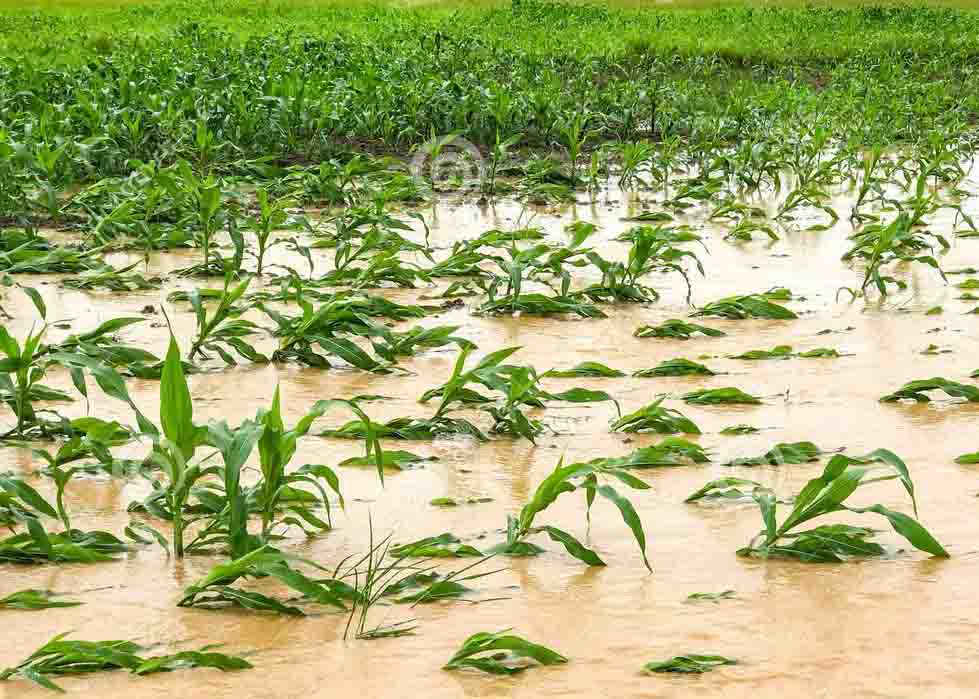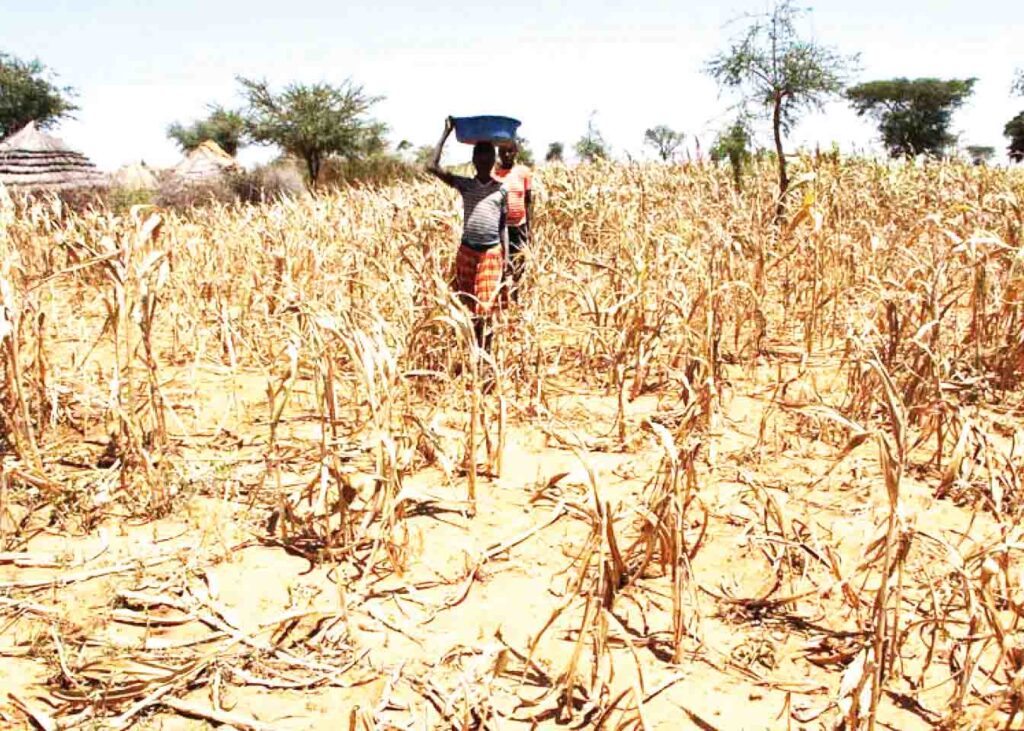By Lynn Feliciah
Not so many years ago, a generation of agriculturalists and farmers enjoyed the climate this beautiful country had to offer.
They enjoyed specified seasons of land preparation, planting and harvesting, following the farmer’s calendar.
This calendar wheel indicated the months of the year; the wet and the dry ones and the amount of rainfall expected.
It was known that harvesting and land preparation was done in the more dry months (January- February and June – September) and planting in the wetter months (March-May, December).
This kind of order, however, no longer has its place in many parts of the country.
In the recent past, the country has had incidents of very heavy rains and excessive heat, as a result of climate change.
These weather extremes have not only affected livelihoods, but also agriculture at large.
Seasons are no longer defined as they were in the past; that leaves farmers to figure things out themselves.
In seasons of extreme heat, farmers are forced to find ways of watering their crops constantly lest they die. On the other hand, very heavy rains destroy crops.
Also during this time, the rate at which weeds grow is high, suffocating the crops.
These weather changes do not help the already shaky reputation of food security around the world.
In fact, they make us question what the situation will be like five, ten or even a hundred years from now.

Food security
Food security is simply the measure of availability of food and people’s ability to access it.
It largely revolves around agriculture; how much food is produced and how much is kept.
With climate change, however, we cannot unpredict how much food will be produced in a season or year.
High temperatures threaten the availability of water for both crops and animals, something that undermines food security.
On the other end of the spectrum, the rains that fall from March till the end of the year also vary in volume.
This also staggers agricultural production, thereby increasing food insecurity.
It is already hard work being a farmer, and when the activity is frustrated by the weather, the country may be headed to food scarcity.
The more the losses, the more expensive food becomes for an average person. Food overly priced undermines a basic human need.
What farmers say
Wycliffe Walusimbi, a farmer from Mayuge district, says he has suffered recurring losses due to the unpredictable weather.
“Imagine having to buy and plant seeds thrice in what would have been a rainy season, all because of the uncertainty in climate. Today, there is rain and tomorrow is a different story,” he says.
Walusimbi grows matooke, beans and maize. On several occasions, the young maize and been seedlings have dried out before properly sprouting because of too much heat.
Other farmers could not help but blurt out the struggle they have while providing water for their crops during the heat sprees.
Due to limited resources and poverty, most of them find it hard to water their large gardens because they cannot afford irrigators during heat conditions. There seems to be lost hope for stable seasons.

Solutions
To combat climate change, measures such as reforestation can be taken.
It is agreed that some of the human activities are the cause of climate irregularities.
So, intentional planting of trees can help to increase the amount of rainfall even in the heat spells.
In many parts of the country, trees like pine have been planted by individuals and local governments to help combat climate change.
Trees release oxygen and take in carbon dioxide, reducing on the damage on the ozone layer. This helps us breathe clean air too.
As trees are planted, policies on deforestation should be put in place to protect them from being cut.
These should also be able to address the reasons for tree cutting.
For example, putting alternative sources of energy in place of wood and charcoal would help.
Other measures include restricting commercial industries in an area to reduce pollution, among others.
However, agriculture must continue even with climate change on a rampage.
Of late, genetically modified seeds that grow faster and can thrive in any season have been developed to match the climate change trend.
Other options such as irrigators to water the crops during the prolonged dry season are also available.
However, the prices of irrigation equipment are high, as insinuated by farmers.
The government should consider subsidising taxes on agricultural equipment to help the farmers.
Because without a farmer, and with rampant climate change, no level of economic growth and development will save this country from the disaster we shall face as a hungry people.
+++++++++++++++++++++++++++++++++++++++++
Subscribe to our website and be the first to receive great Christian news, health information, pastoral guidance, environment, farming and many others. Also, Like and follow us on Facebook at Good News UG.





















